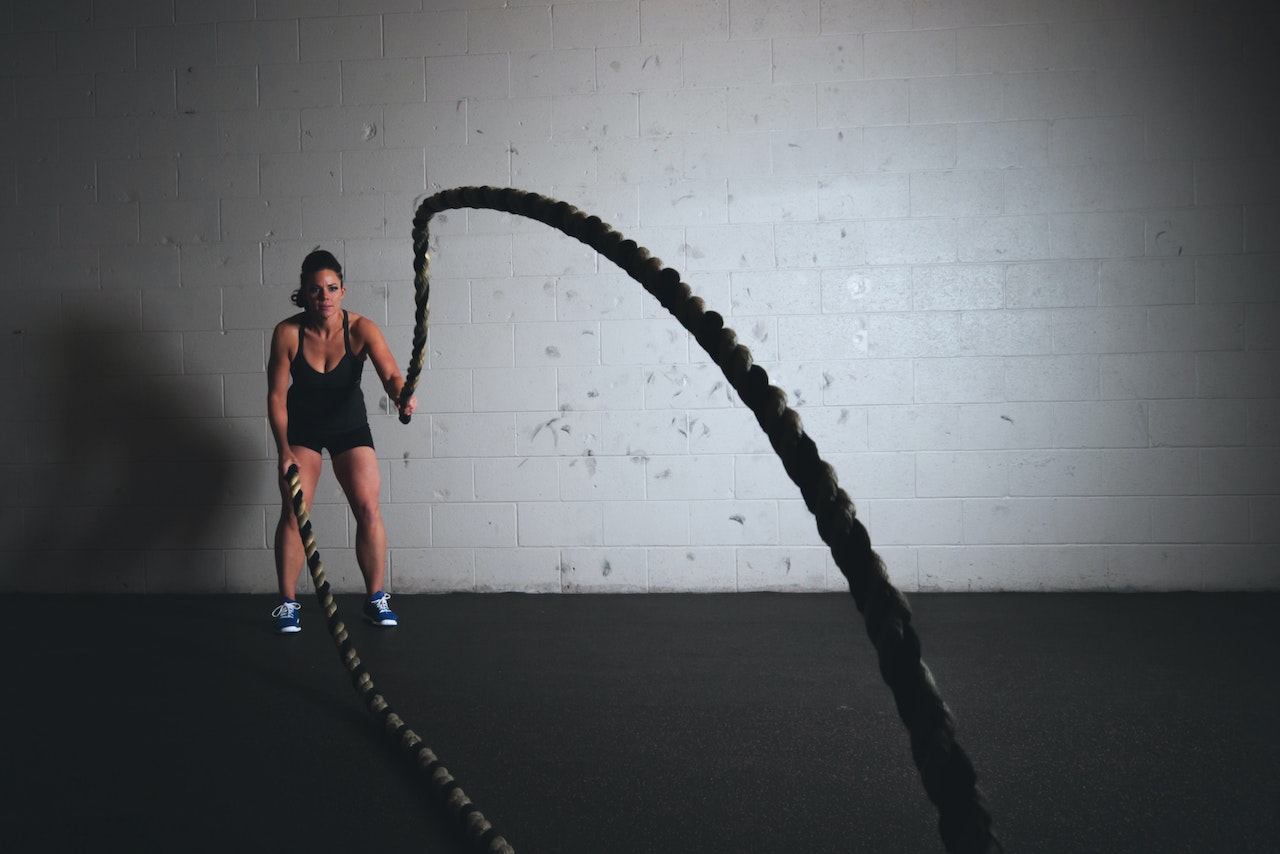I don’t currently look anywhere near like I did when I was at my thinnest. My current training goals are more focused on being the strongest person I can be instead of being very thin like I have been in the past. I look pretty heavy, I am pretty heavy, but I’m also in pretty fantastic shape despite my outward appearance. However, this has sort of put me off from seeking new clients because I may not “look the part” of what I know many people think a personal trainer is supposed to look like.
“The old argument about whether your trainer should “look the part” never seems to die, and never seems to quite nail the point. It’s not about appearance, it’s about experience and empathy. To teach, one does not have to master the outcome, one has to master the process. The former requires a degree of time, dedication, and single-minded selfishness that may be at odds with the instruction of others. The latter shows experience and empathy an understanding of the challenges- the mental component, the specific struggles and self-doubts, dealing with failure and not only knowing what it takes to then succeed, but implementing it in oneself.
Mastery of the process is, however, hard to define. The ability to demonstrate steady progress and improvement shows an understanding of the specific challenges of a task and how to overcome them. The ability to translate and adapt this process to many others shows understanding of the critical variables in training, and how to adjust them among a wide range of trainees.
When this breaks down, however, is when the trainer’s own experience with the process is characterized by self-doubt and stagnation. A physique or weight loss coach whose personal experience in the arena resulted in body image issues and eating disorders. A triathlon or ultramarathon coach whose resume includes a string of DFLs and DNFs. A strength sports coach who peaks everywhere BUT competition. These things show a fundamental lack of understanding when it comes to the coaching aspect of sport- not simply improving numbers, but understanding the deeper underlying factors that distinguish training/coaching from simple programming. Regardless of how impressive the results may appear in training, the ability to “coach” is simply absent.
A good trainer does not have to be the strongest, or the fastest, or the leanest, or the most successful personally. But they need to be able to show an understanding of the process, and the ability to immerse themselves in the process and avoid pitfalls.
So should a trainer look the part? The trainer doesn’t have to look the part, but the trainer should show he has the ability to look the part, should he decide to shift his focus more to himself.” This has given me the confidence I haven’t had in a while to seek new fat-loss clients. No, I don’t weigh 250 currently (which for me is very thin), or anything close to it. That said, I know how to do that if I were to want to look that way again, and I know how to do it with anyone else who walks through the gym doors. In fact, I may know how to do it much better than the personal fitness trainer who was born with abs.
There’s certainly a lot more to me than how I look or don’t look. All that really matters is that I can get you where you want to go because I’ve been in the shoes of a morbidly obese person, a very thin person, and now a larger-sized but much stronger person. This is the experience I bring into my business, and what I believe makes me invaluable to many of my clients. I’m glad that I read that post from Alex to make me realize that again.




